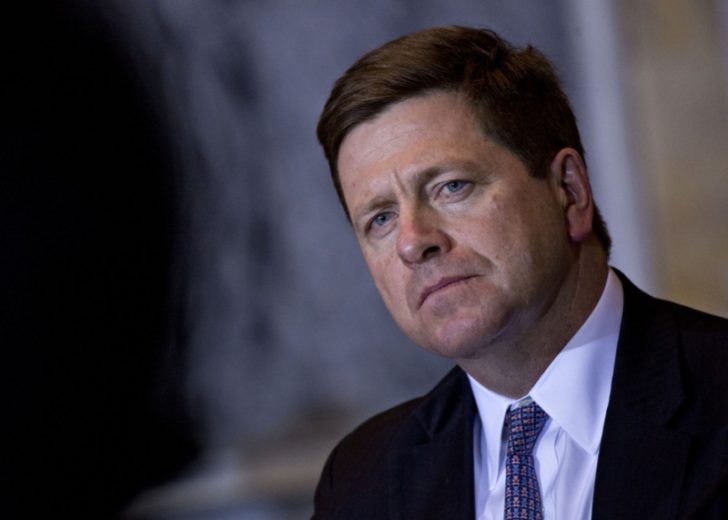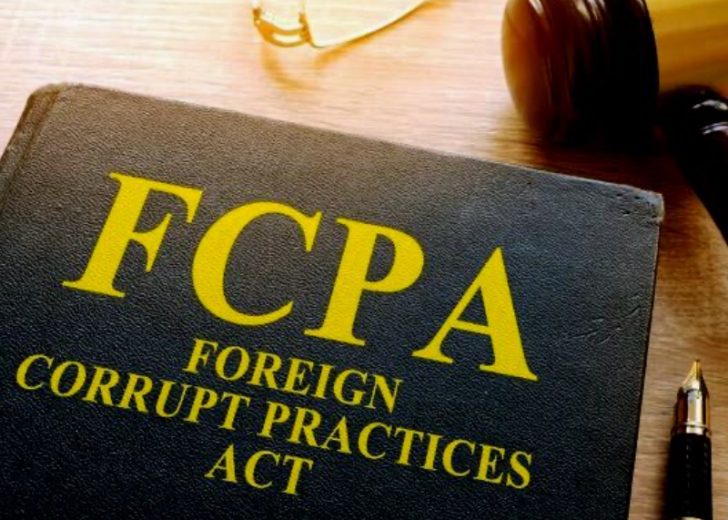The US Securities and Exchange Commission Chairman Jay Clayton has publicly lamented that his country was the only one that was tackling corruption and bribery.

Experts feel that as far as business-related crime claims go, this as entirely inaccurate as the SEC Chairman’s speech at the New York Economic Club argued with data to back his statement and called on other countries to follow American lead in tackling this international problem. The US has spent over two decades bringing in the FCPA or Foreign Corrupt Practices Act as a valid point and over the last five years, the SEC has filed over 70 FCPA-related cases involving misconduct in over 65 countries. Thus USA seems to be doing its best.
Strong FCPA Legislation
The FCPA is a strong piece of legislation and the US is strict about utilising it but does not mean that USA acts alone while other countries only take advantage of American efforts to tackle bribery and corruption. The SEC assertion that US is alone among nations investigating bribery while everyone else is freeloading, is grossly unfair. This American view arises as other countries lack strong anti-bribery legislation and US companies bidding for projects abroad compete at a disadvantage with foreign rivals not bound by strong legislation like the FCPA.

But that is reason enough for the US to work in close coordination with other countries and agencies to eradicate bribery completely rather than just condemning their lack of serious intent or effort? SEC Chairman Clayton recognizes that as the markets evolve over a period of time, so should the SEC change its efforts and approaches. He should recognise that the United States is not alone and the only place where serious efforts are made to tackle corruption and bribery.
UK Steps Up
If we study the various steps UK has taken over the years, it would be worthwhile to study the efforts initiated by the Serious Fraud Office (SFO) which has evolved a multi-disciplinary approach for investigating commercial bribes and corruption. Professional forensic investigators, computer specialists and lawyers work closely together to ensure maximum efficiency and effectiveness. The SFO works in tandem with many other UK agencies and international enforcement agencies so as to tackle bribery and corruption. It encourages a culture of self-reporting and co-operation among corporates. Avoiding immediate prosecution via deferred prosecution agreements is now a distinct possibility (the Rolls-Royce case). Investigations into unexplained sources of wealth among various measures are available to UK authorities when targeting assets of those suspected of corruption.

The Bribery Act in UK is a more far-reaching legislation than the FCPA in tackling corrupt intent. Thus Chairman Clayton is off the mark and wrong to lump the SFO and UK efforts among those viewed as falling far short when tackling bribery and corruption. And it would be wrong to assume that Britain is the only other nation taking an aggressive stance when tackling bribery and corruption. Anti-corruption laws vary significantly from country to country but many more countries are working harder to fight corruption and bribery. Corruption remains the focus of agreements from bodies as varied and sizeable like the United Nations, the Council of Europe, and the Organisation for Economic Co-operation and Development. The claim by the SEC Chairman that the US alone means business is rather short-sighted.




